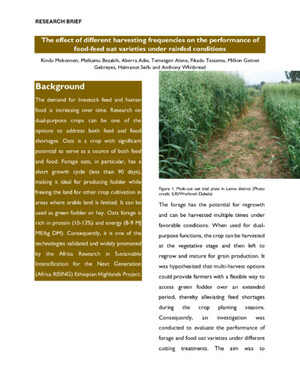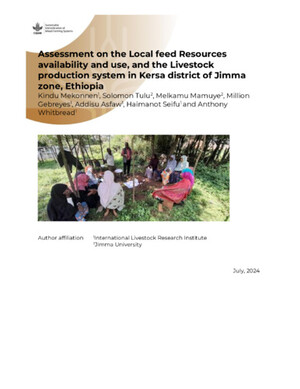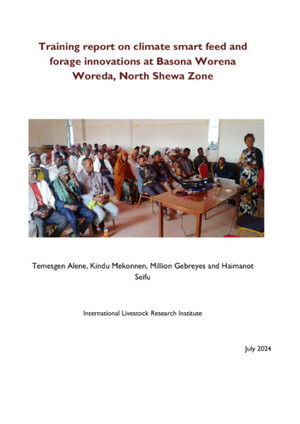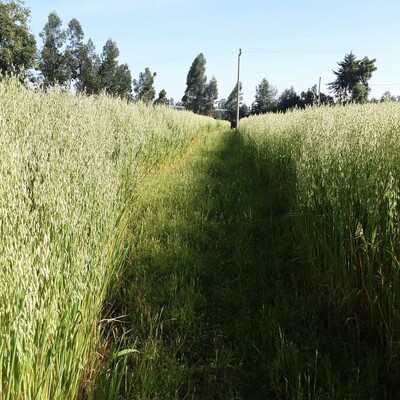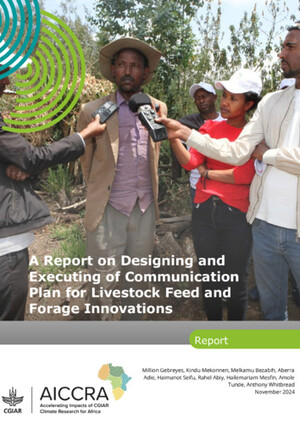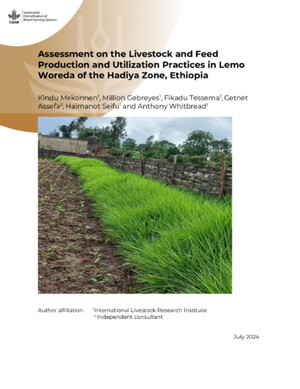Challenge
Most agricultural production in the Global South takes place in mixed farming systems, which allow farmers to diversify risk from single crop production, use labor efficiently, access cash and add value to products. Key drivers — climate change, population pressure, urbanization, water scarcity, changing diets, volatile food prices — mean that flexible and accelerated changes in mixed farming systems will be needed to achieve global targets such as the Sustainable Development Goals. Sustainable intensification, or the production of more food on the same piece of land while reducing the negative environmental impact, is a viable avenue.
Two types of hurdles must be overcome to adequately meet the challenge at farming systems level. One hurdle is to ensure efficient coordination, integration and transfer of innovations, information, tools and standardized methodologies. A second hurdle is to integrate multiple biophysical and socio-economic thematic-level outputs and identify strategies that minimize trade-offs and maximize synergies, resulting in multiple impacts at scale.
Objective
This Initiative aims to provide equitable, transformative pathways for improved livelihoods of actors in mixed farming systems through sustainable intensification within target agro-ecologies and socio-economic settings.

